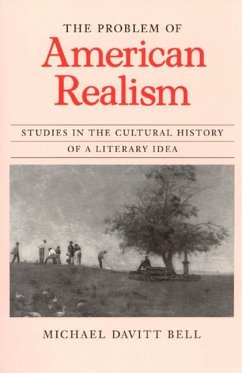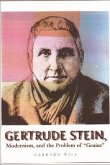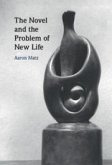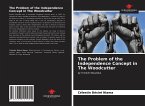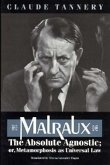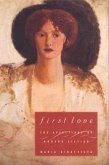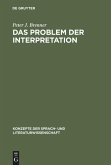Ever since William Dean Howells declared his "realism war" in the 1880s, literary historians have regarded the rise of "realism" and "naturalism" as the great development in American post-Civil War fiction. Yet there are many problems with this generalization. It is virtually impossible, for example, to extract from the novels and manifestoes of American writers of this period any consistent definitions of realism or naturalism as modes of literary representation. Rather than seek common traits in widely divergent "realist" and "naturalist" literary works, Michael Davitt Bell focuses here on the role that these terms played in the social and literary discourse of the 1880s and 1890s. Bell argues that in America, "realism" and "naturalism" never achieved the sort of theoretical rigor that they did in European literary debate. Instead, the function of these ideas in America was less aesthetic than ideological, promoting as "reality" a version of social normalcy based on radically anti-"literary" and heavily gendered assumptions. What effects, Bell asks, did ideas about realism and naturalism have on writers who embraced and resisted them? To answer this question, he devotes separate chapters to the work of Howells and Frank Norris (the principal American advocates of realism and naturalism in the 1880s and 1890s), Mark Twain, Henry James, Stephen Crane, Theodore Dreiser, and Sarah Orne Jewett. Bell reveals that a chief function of claiming to be a realist or a naturalist was to provide assurance that one was a "real" man rather than an "effeminate" artist. Since the 1880s, Bell asserts, all serious American fiction writers have had to contend with this problematic conception of literaryrealism. The true story of the transformation of American fiction after the Civil War is the history of this contention - a history of individual accommodations, evasions, holding actions, and occasional triumphs.
Hinweis: Dieser Artikel kann nur an eine deutsche Lieferadresse ausgeliefert werden.
Hinweis: Dieser Artikel kann nur an eine deutsche Lieferadresse ausgeliefert werden.

